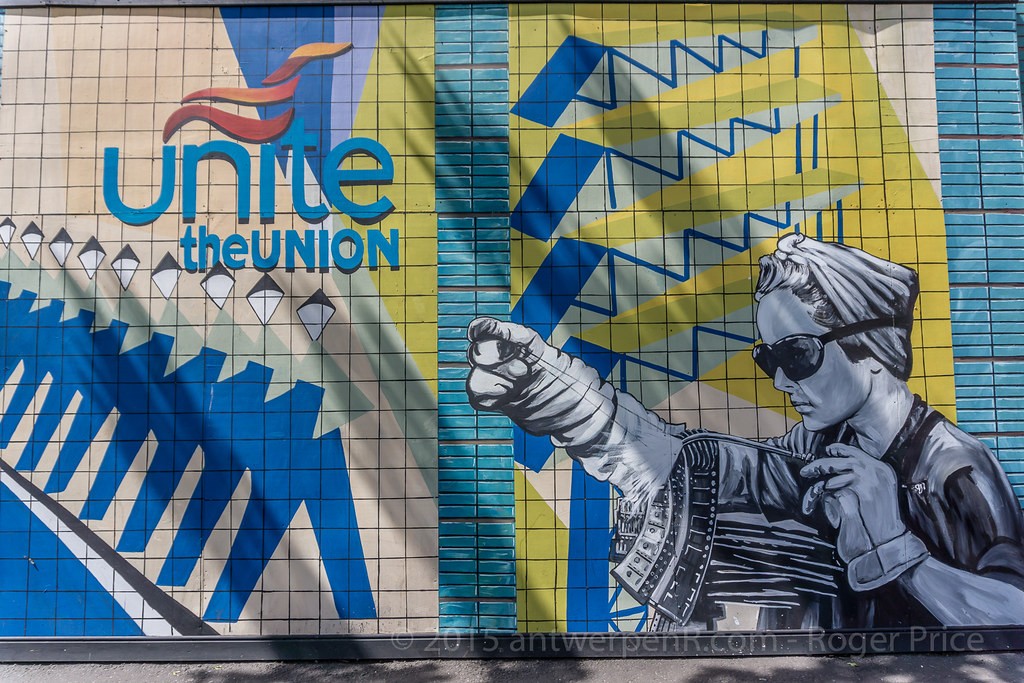Sharon Graham won the Unite General Secretary election unexpectedly in 2021 in a twist that neither the union machine nor the commentariat anticipated. She did so with a relatively ambitious set of proposals that have at times generated a certain frisson among the commentariat, such as those relating to funding of the Labour party. Looking ahead, 2023 could be a pivotal year for Unite and its leader. The project of reorganising the union along industrial lines and establishing sector combines will hang in the balance as the Unite Executive Council elections, Policy Conference, and Rules Conference (the later two are due to be combined as one conference) are all scheduled for June and July of that year, in what will represent a big administrative undertaking with far reaching consequences for its members and the labour movement as a whole.
While not as eye-catching as electing a General Secretary, the executive council elections will be of utmost importance, as this is the body that is ultimately responsible for running the union and implementing the decisions of the Policy and Rules conferences. Thus, the results could make or break Graham’s tenure as general secretary and will affect the extent to which she can reorganise Unite.
The importance of Policy and Rules conferences might seem more esoteric by comparison; Unite refers to the Policy Conference as its supreme decision-making body. This means that keen Labour Party watchers should keep an eye out for the Rules Conference, as this will be where the future of Unite’s link with Labour is debated.
The first of the two elections to take place will be the ones relating to the Executive Council. Currently, Graham does not have a majority to use at leisure. Alongside some ex officio positions (for instance the General Secretary) the council has 61 elected members representing different sectors within the union: from the elected constituency, Graham’s reliable support currently numbers less than 30.
This is not to say that the Executive is currently oppositional to Graham, as many of the United Left faction (the faction who have controlled Unite’s Executive Council since 2010) are in broad agreement with Graham’s aims. Many of Graham’s supporters were originally United Left members before a split in the aftermath of McCluskey announcing his retirement resulted in them creating a new faction, Workers Unite, who supported Graham’s successful bid for general secretary.
It is currently unclear how much opposition United Left will put up come the elections, though in the two recent by-elections, for the council’s Southeast and Energy and Utilities seats there was a substantial challenge from them, which resulted in success. It may be that, even if they do not have substantial policy disagreements with Graham, United Left’s institutional memory means that it will strongly contest the elections.
This could be difficult for the General Secretary as many of her supporters were elected as United Left members before the split: it remains to be seen if their seats were secured because of a factional or personal vote.
Currently, United Left do not have a clear figurehead, (Steve Turner, their nomination for the general secretary, has receded in influence) and they are not proposing any alternative policy platform to that being offered by the new regime. However, Graham would presumably rather her own faction hold a majority as this is best practice. The worst possible outcome would be a repeat of the situation UNISON finds itself in with its NEC in a direct confrontation its general secretary.
If Graham’s supporters win a strong majority on the executive, then she is comfortably set up for another term. Her current term is due to end in 2026, though as McCluskey demonstrated, terms can be called short. An Executive Council majority for Graham’s supporters would mean that she has three years to rule without many constraints. This would make it easier for her to win a second term, as she could run on a platform of having successfully implemented the promises in her manifesto. This would also mean that Graham is operating from a position of strength, which will make it easier for her to win any possible internal confrontations.
There are current, urgent struggles for workers that demand innovative solutions, and Graham must be able to show she is up to the task of delivering on her manifesto and it will be difficult to do this without a stronger base in the union. The two extreme outcomes of 2023 are either sweeping success for the Graham project, setting it up for the best part of a decade or a comprehensive failure to seize control of the union machine that condemns the project to a premature demise. The complicated nature of internal union politics means that either maximal outcome is unlikely; however, how close the result is to either extreme is vitally important.


